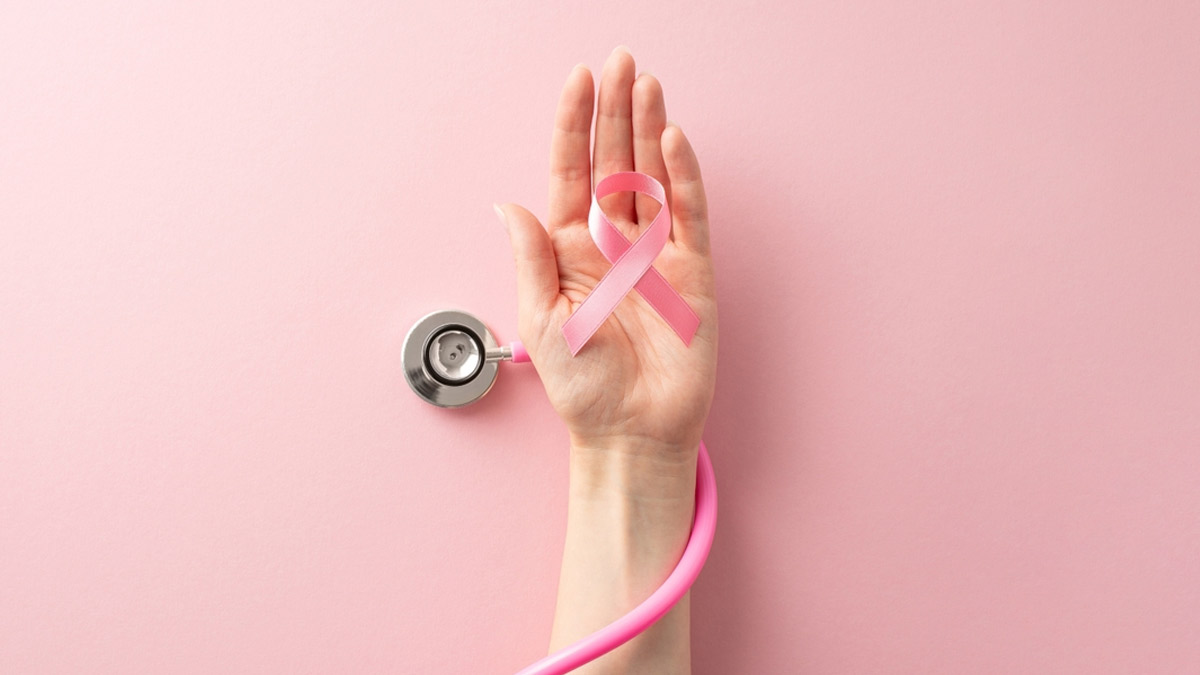
Breast cancer is one of the most common cancers prevalent across the globe. The World Health organisation states that nearly 2.3 million women were diagnosed with breast cancer in 2020 and 6,85,000 deaths occurred globally.
Table of Content:-
“As of the end of 2020, there were 7.8 million women alive who were diagnosed with breast cancer in the past 5 years, making it the world’s most prevalent cancer. Breast cancer occurs in every country of the world in women at any age after puberty but with increasing rates in later life,” WHO stated.
Prevention of breast cancer is the current need of the hour. Certain factors that cause breast cancer are increasing age, obesity, high radiation exposure and family history. Some of these factors can be difficult to prevent. The most important way to prevent breast cancer can be early detection as if detected early, it is possible to cure it with the available treatment and removal of cancer from one’s body becomes possible. A recent study revealed that a sample of saliva can help detect cancer in just five seconds.

What Is The Device And How Does It Work
A team of researchers from the University of Florida and National Yang Ming Chiao Tung University in Taiwan have developed a hand-held breast cancer screening device. In this study published in the Journal of Vacuum Science & Technology B, commercially available disposable based strips similar to the commonly used glucose detection strips were used and functionalized to detect breast cancer with biomarkers of HER2 and CA15-3. HER2 and CA 15-3 trigger breast cancer cells to begin to develop and grow at faster rates.

The biosensor created by the researchers only requires a drop of saliva to provide accurate test results even if the concentration of the cancer biomarker in the sample is only one quadrillionth of a gram, or one femtogram, per millilitre.
Also read: Study Finds Exercise Cuts Down The Risk Of Breast Cancer In Young Women By 10%
Cost Effective
The lead author, Hsiao-Hsuan Wan, said that the biosensor can have a transformative impact on breast cancer screening, especially in communities or hospitals.
“In many places, especially in developing countries, advanced technologies like MRI for breast cancer testing may not be readily available,” Wan said. “Our technology is more cost-effective, with the test strip costing just a few cents and the reusable circuit board priced at $5. We are excited about the potential to make a significant impact in areas where people might not have had the resources for breast cancer screening tests before.”
“The highlight for me was when I saw readings that clearly distinguished between healthy individuals and those with cancer,” Wan said. “We dedicated a lot of time and effort to perfecting the strip, board, and other components. Ultimately, we’ve created a technique that has the potential to help people all around the world.”
Also watch this video
Read Next
Foods to Avoid During Menstruation: Here Are 7 Foods That Can Increase Discomfort During Periods
How we keep this article up to date:
We work with experts and keep a close eye on the latest in health and wellness. Whenever there is a new research or helpful information, we update our articles with accurate and useful advice.
Current Version
